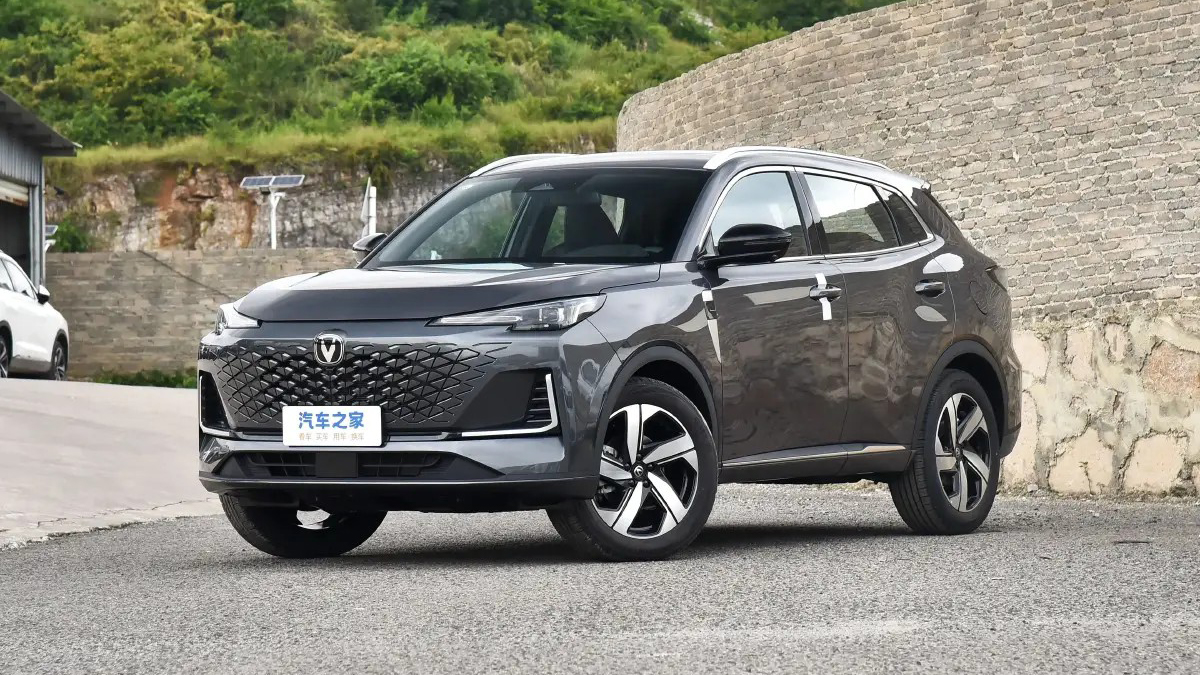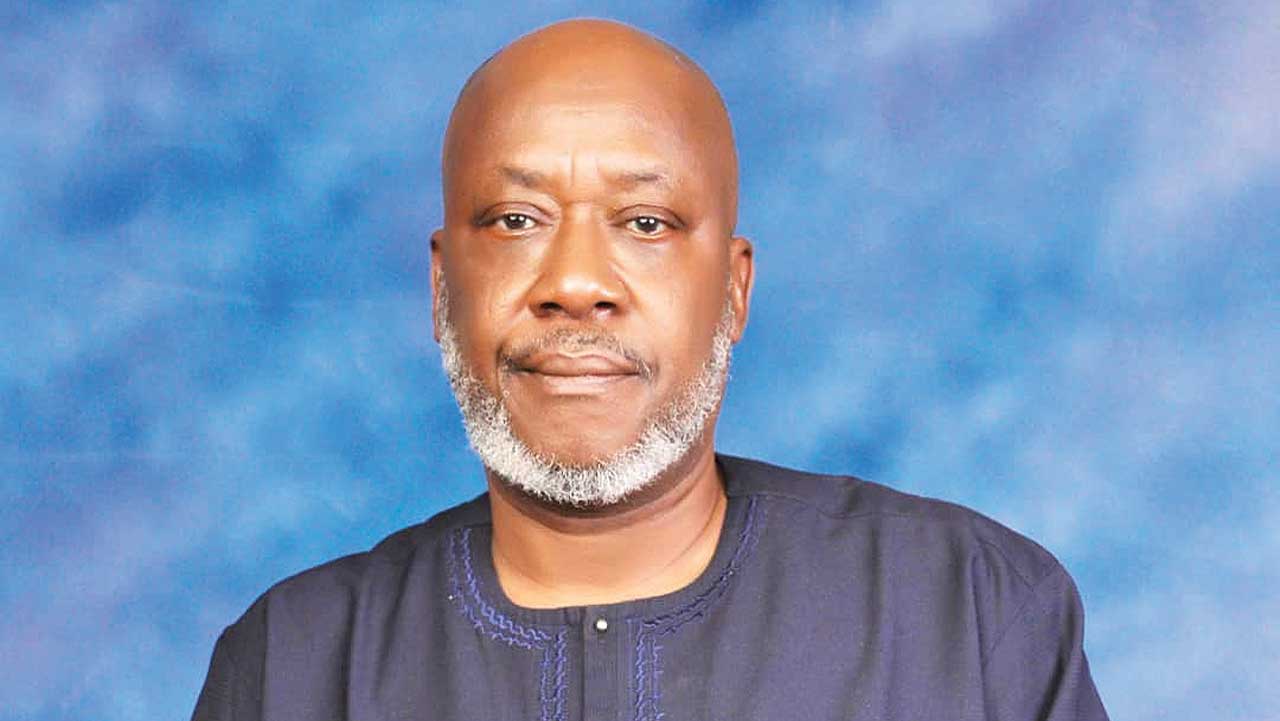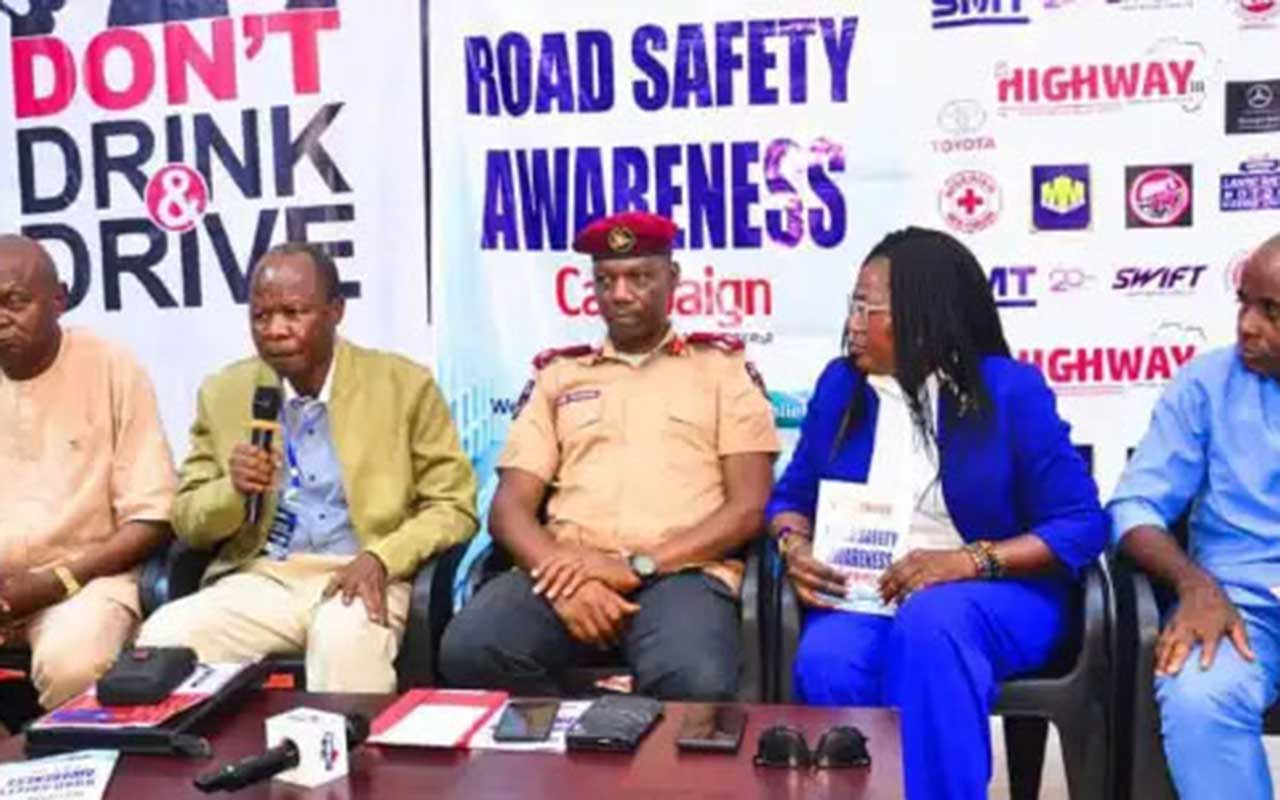Stakeholders from the transportation sector and law enforcement agencies have canvassed the need for a collaborative approach, increased safety education and standardised regulations to address security challenges arising from ride-hailing services in Nigeria.
Speaking at the inDrive Safety Education Summit 2.0 in Lagos, the Country Representative, inDrive Nigeria, Timothy Oladimeji, said the summit was conceived to fashion out insights that would help the platform work with other stakeholders to ensure the safety of both drivers and riders while also bridging users’ education gap about its safety features.
Oladimeji explained that safety remains a collective responsibility, which all stakeholders, including riders and drivers, must take cognisance of.
He disclosed that inDrive has invested heavily in technology to improve its safety features, such that even before a rider gets on a trip, safety is already guaranteed.
Delivering his keynote address, Commissioner for Transportation, Lagos state, Oluwaseun Osiyemi, who was represented by the Director, the Public Transport and Commuter Services (PTCS), Adebayo Olusoji, described the gathering convened by inDrive as a testament to the collective commitment of stakeholders to creating safer environments for citizens.
During a panel session, titled: ‘Strengthening driver and passenger trust’, Osiyemi explained that it has become imperative to strengthen collaborations and address the challenges faced in the journey towards safer urban mobility.
Highlighting some of the steps necessary to make urban mobility safe, he identified the need to prioritise strengthening interagency coordination through concerted efforts of various government bodies, transport authorities, law enforcement, and even private sector players.
According to him, creating streamlined communication channels and fostering a spirit of collaboration among these entities would open doors to innovative solutions that address the pressing issues of traffic congestion, road safety and emergency response.
“We have seen the impact that enhanced coordination can have in mitigating crises and ensuring quick and effective responses to emergencies. Whether it’s through shared data systems, joint training exercises, or collaborative policy-making, the benefits of interagency coordination are vast. It is time we leverage our collective knowledge and resources to create a harmonised approach to urban mobility,” he said.
He also pointed out the need to standardise safety regulations across boards, adding that by doing so, all operators and transport systems will be held to the same high level of safety, regardless of location or mode of transport.
“In our quest for standardisation, we must also remain adaptive, as technology continues to evolve at an unprecedented pace. Our regulations must incorporate modern advancements such as smart mobility solutions and emerging safety technologies to ensure that we are not only reactive but proactive in our approach to improving urban mobility and safety,” he said.
He also identified the need for inclusive stakeholder engagement in the policymaking process, stating that insights and perspectives from transportation stakeholders are instrumental in crafting policies that are both effective and empathetic to the needs of diverse populations.
Making his submission during the panel session, Superintendent Route Commander, the Federal Road Safety Corp (FRSC), Lagos Command, Ayodele Ologun, revealed that the law enforcement agency is doing a lot within its power to ensure that passengers, riders and drivers are safe.






